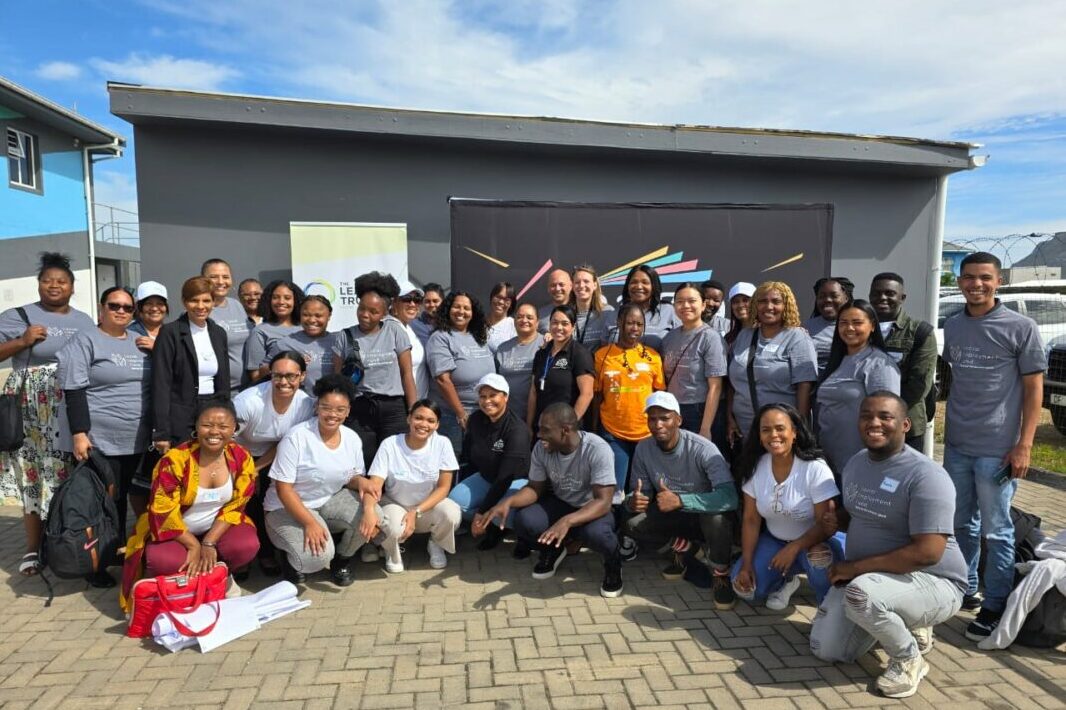In today’s educational landscape, where challenges in learning and youth unemployment intersect After School Programmes (ASPs) emerge as crucial resources for nurturing young minds and addressing societal needs. However, their potential for impact multiplies when coupled with Public Employment Programmes (PEPs), presenting a unique opportunity to leverage government investments for multifaceted outcomes.
Over the past year, we have commissioned research into our Social Employment Fund project to explore how ASPs can harness PEPs to amplify their impact on learners, youth, and society.
After School Programmes: Critical support for learning
ASPs are integral to formal education, offering children and youth valuable academic reinforcement and socio-emotional development. In South Africa, where educational disparities persist, ASPs are essential in combating academic underachievement and inequality.
TLT embarked on a journey to explore the potential between ASPs and PEPs. The Social Employment Fund (SEF) emerged as a catalyst for scaling and strengthening ASPs. By facilitating partnerships between community-based organisations (CBOs) and public funding, the SEF creates pathways to address learning deficits and unemployment within the after-school sector.
Empowering ASPs Through SEF Participation
The SEF, with its emphasis on “work for the common good,” offers a blueprint for collaborative action, enabling ASPs to access public employment opportunities. The SEF empowers them to amplify their impact across multiple outcomes.
This position paper highlights the transformative potential of ASP-PEP collaboration, showcasing notable achievements across key areas:
- Learning Outcomes: ASPs experienced expanded reach, deepened program quality, and enhanced impact, bolstering educational attainment and engagement.
- Youth Employment: Participants gained valuable skills, work experience, and connections, fostering economic empowerment and job readiness.
- Civil Society: CBOs increased their organisational capacity, networks, and visibility, serving as drivers of community development.
The fusion of ASPs with PEPs represents a powerful paradigm for addressing multifaceted challenges facing learners, youth, and society at large. Through strategic collaboration and concerted action, ASPs can harness the transformative potential of public employment programmes to realise a future where every child has the opportunity to thrive and contribute to a prosperous society. Read the full position paper here. A shorter version of the report is also available here.
